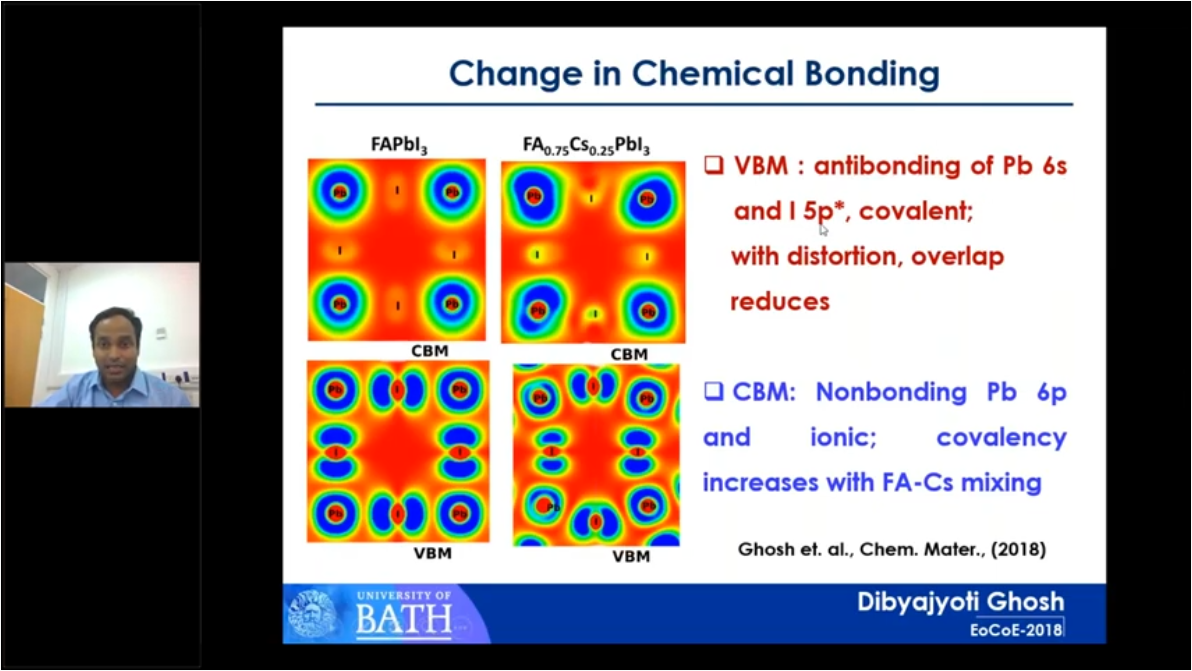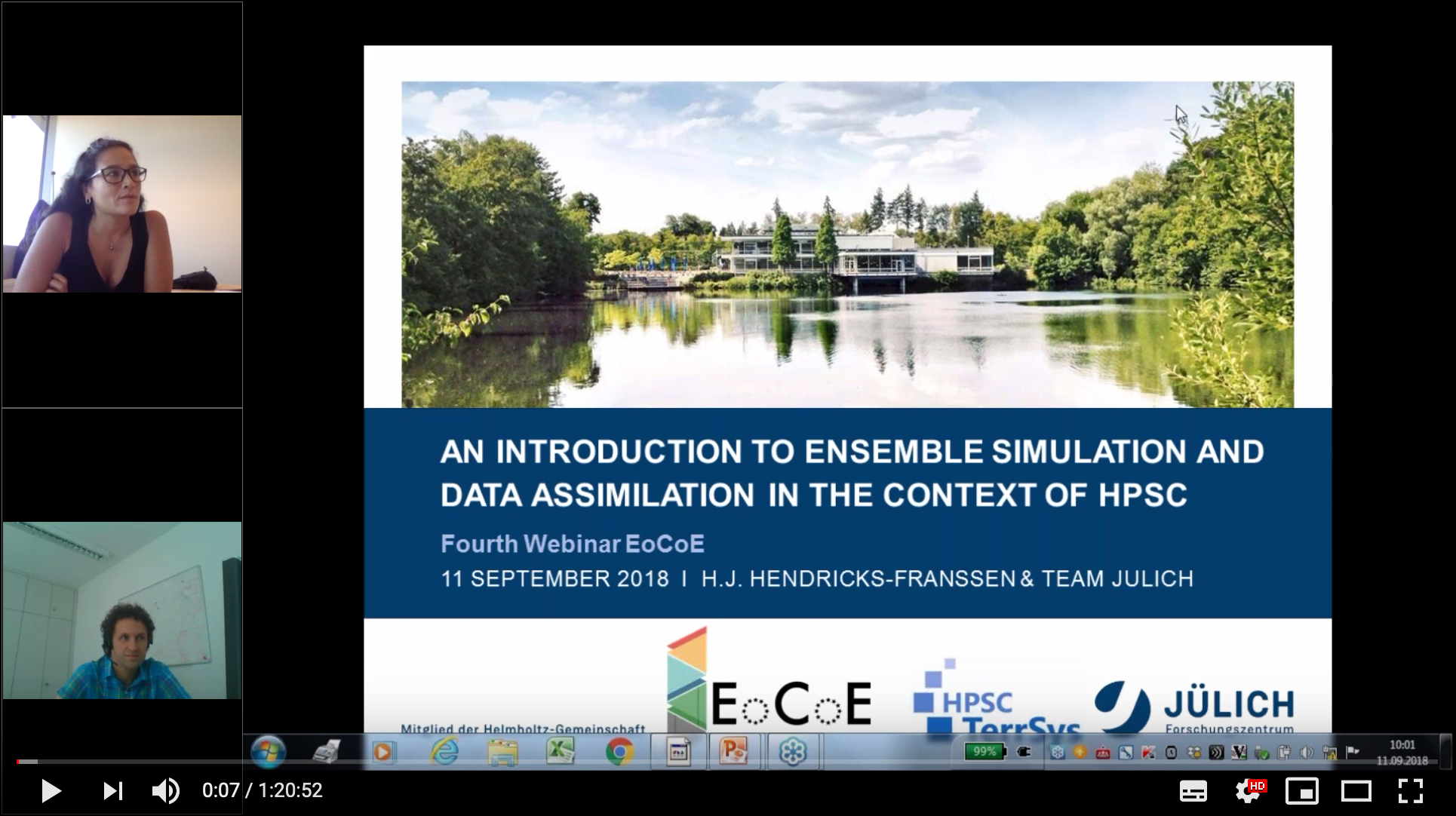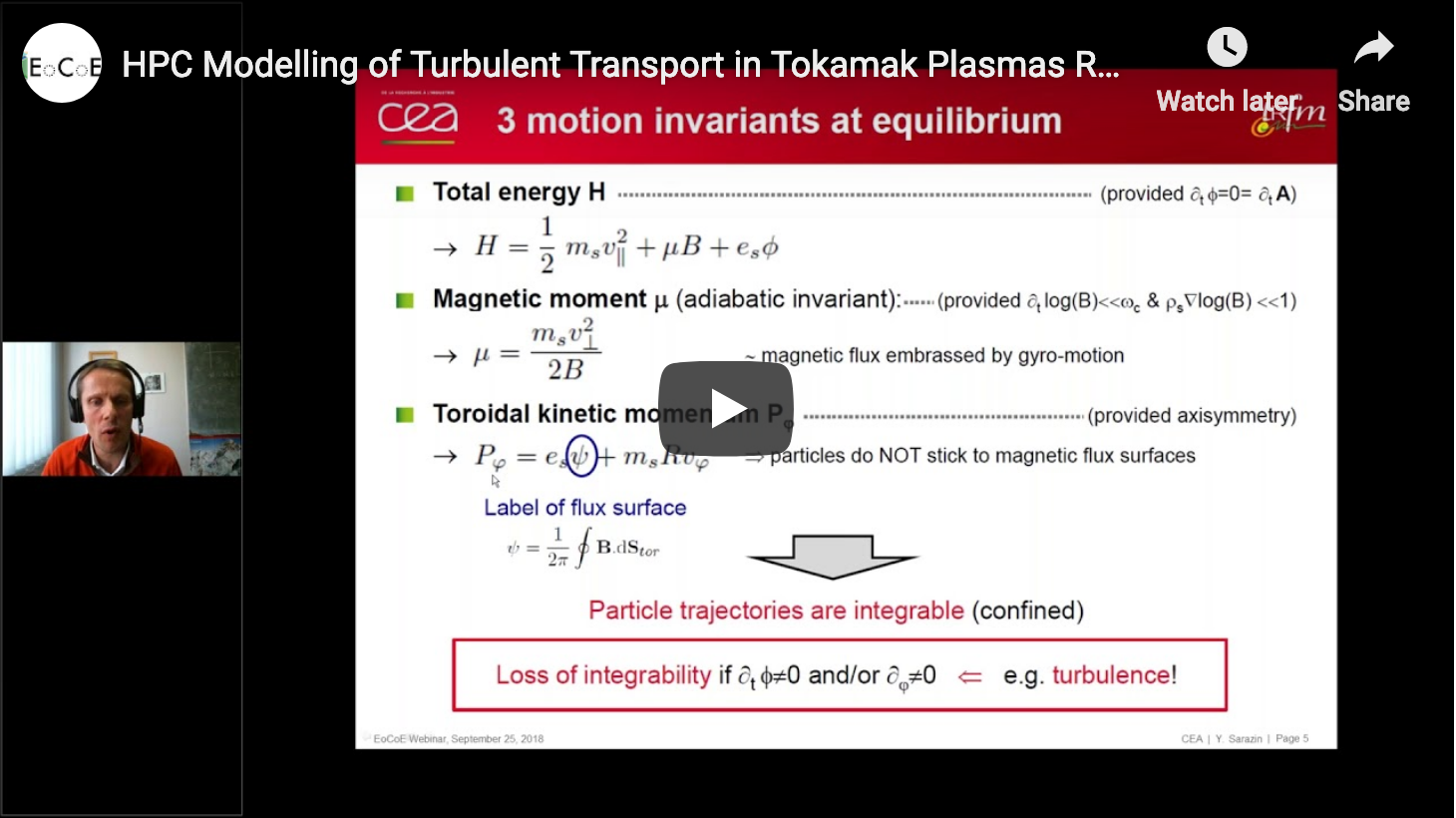speaker: Herbert Owen, senior researcher at Barcelona Supercomputing Center
date: April 20th, 2020, 11.00 – 12.15 AM, Monday,
abstract: Wind resource assessment is performed before deciding to construct a new wind farm. Its objective is to obtain a better understanding of the flow over the potential site for a wind farm. It combines experimental data from a couple of wind mast that are the energy the wind farm can produce and enables to determine the optimal positions for the wind turbines.
Currently, state of the art in the industry is to resort to Reynolds Averaged Navier Stokes (RANS) turbulence models for such simulations. While RANS models are computationally affordable and quite robust, they are known to have accuracy limitations for regions where separated flows are found, behind mountains for instance.
Large Eddy Simulation (LES) can provide much more accurate results, at a much higher computational cost. With the advent of exascale computers, LES has become a viable alternative. In this talk, we will present the work we have been doing for Iberdrola during the last six years and the steps we are taking within EoCoE to push the limits towards much higher accuracies thanks to the efficient use of exascale resources.







